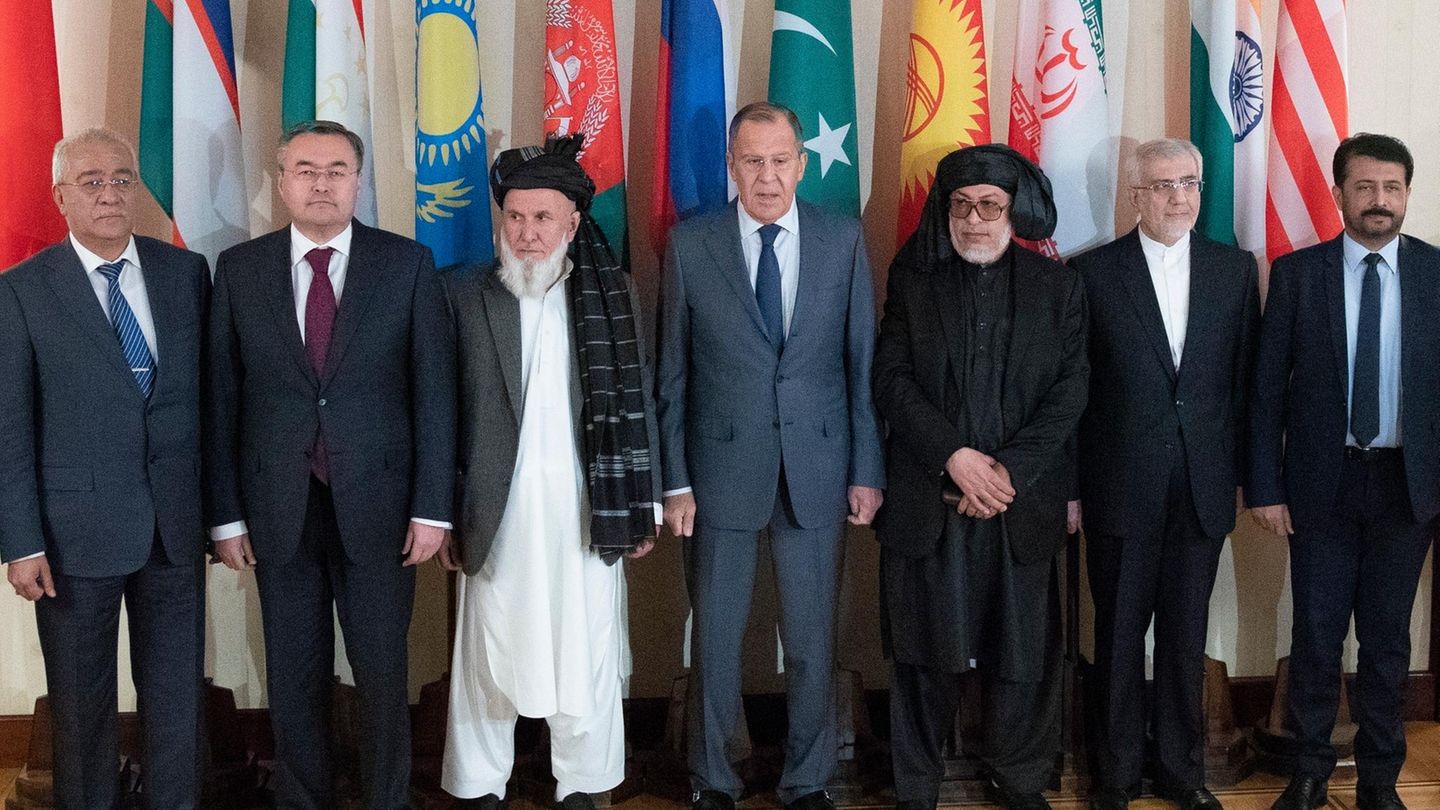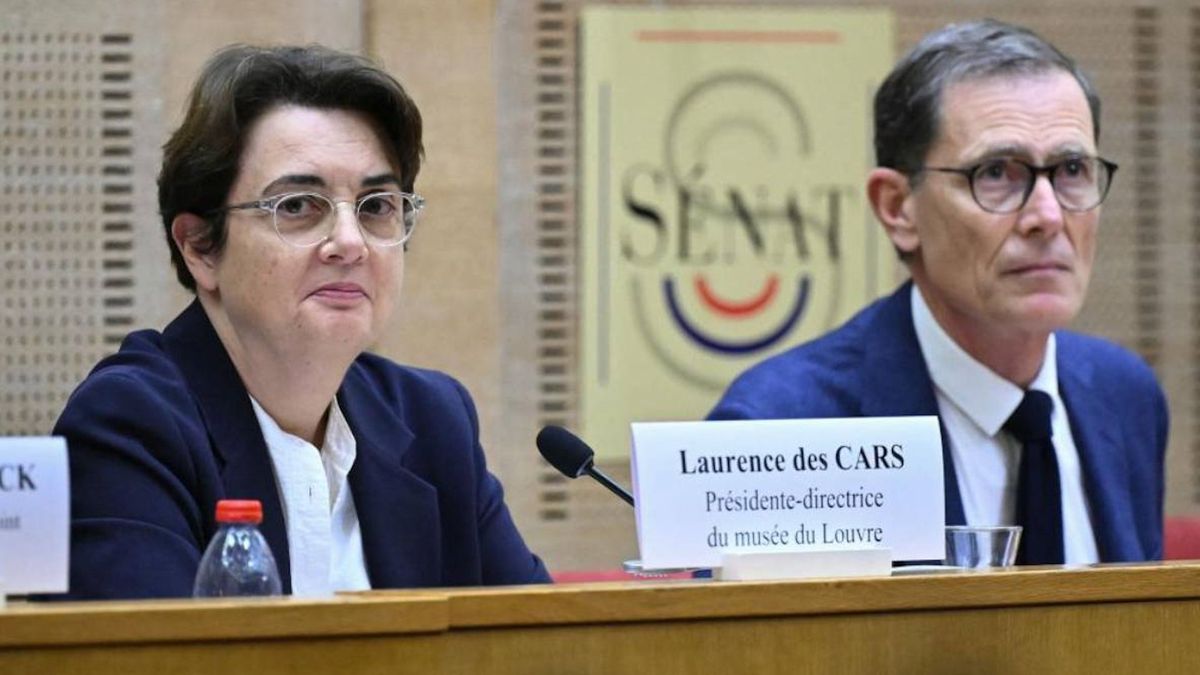The West is trying to get its ambassadors out of Afghanistan as quickly as possible, while China and Russia are working on their relations with the Taliban. What role will the rulers in Kabul play in international relations?
When the then US Secretary of State Mike Pompeo met Taliban Deputy Chief Mullah Ghani Baradar in Doha in November, the focus was on peace negotiations in Afghanistan. Less than nine months later, such negotiations are obsolete: the Taliban are back in power, the US-backed government has been driven out, and international operations have failed. Baradar – with whom Pompeo posed for the cameras in Doha at the time – is traded as a possible future head of government. One of the many questions raised by the return of the Taliban to power: Will the Islamists be socially acceptable on the international stage this time?
The first Taliban government in Afghanistan was almost entirely isolated internationally. The regime that ruled Kabul from 1996 onwards had alleged adulteresses stoned and thieves chopped off their hands, and these are just a few of the atrocities. At that time, the government in Kabul was only recognized by three countries: Saudi Arabia, Pakistan and the United Arab Emirates. The self-proclaimed warriors of God ultimately suffered from protecting Al Qaeda chief Osama bin Laden. After the terrorist attacks of September 11, 2001 and the US-led invasion of Afghanistan, the regime fell in late 2001.
Will the Taliban become serious negotiating partners?
Despite the constant resurgence of the Taliban, it was taboo for years to even publicly consider negotiations with the Islamists. The then SPD leader Kurt Beck got a bloody nose 14 years ago with his attempt to include moderate Taliban. Last year, the administration of then US President Donald Trump signed an agreement with the Taliban in Doha that was supposed to lead to a political solution to the conflict. With this agreement at the latest, the Americans upgraded the Taliban as negotiating partners.
The Taliban did not adhere to the agreement. Instead of negotiating, they started an unprecedented triumphal march. In the face of atrocities such as the arbitrary killing of civilians, EU leaders threatened the Taliban with international persecution at the beginning of the month. It has not been a week since representatives of the USA, the EU, Germany and other countries issued a sharp warning to the Taliban. After a meeting in Doha, they said: “The participants affirmed that they will not recognize any government in Afghanistan that is enforced through the use of military force.”
There is great distrust of political promises
Since their return to power, the Taliban have tried to present themselves as a moderate force. At his first press conference, Taliban spokesman Sabiullah Mujahid assured him in Kabul that the new government was not looking for revenge and that previous opponents had nothing to fear. However, Human Rights Watch reported Wednesday that the organization had information that the Taliban government security forces had killed in captivity. The human rights activists also pointed out that although the Mujahid had guaranteed women’s rights – but only within the framework of Sharia, the extremely strict Islamic law interpreted by the Taliban.
Whether in Washington, Brussels or Berlin – there is deep mistrust of the Taliban everywhere, the tenor is the same everywhere: the Taliban will be judged by their deeds. US Vice Secretary of State Wendy Sherman said on Wednesday: “The Taliban are hoping to form a government in Afghanistan. They are seeking legitimacy. We are all watching their actions.” The Taliban are interested in international recognition – which is important to them above all because the desperately poor Afghanistan will depend on support from abroad even under their rule.
“We’ll have to talk to them”
The USA, the EU and Germany are faced with the same dilemma: They do not want to abandon the Afghan people, to whom they have repeatedly promised to do exactly that for 20 years. But now they can only help the population by speaking and possibly even cooperating with those from whom they wanted to protect people for two decades. For Germany, Afghanistan has so far been the number one recipient country for development aid. Now the aid payments of a total of 430 million euros that were pledged for this year have largely been frozen – except for humanitarian aid.
“The Taliban won the war, so we will have to talk to them,” said EU Foreign Affairs Representative Josep Borrell soberly after consultations with the foreign ministers of the member states. It is about preventing a possible migration disaster, a humanitarian crisis and a return of international terrorists to Afghanistan. Even now, representatives of the USA have no choice but to speak to the new rulers: They are negotiating with the Taliban that their own citizens and Afghan local staff may be flown out. The Germans want that too. The Greens foreign politician Omid Nouripour says: “We can now be blackmailed by the Taliban if we want to free the people there.”
Russia and China already maintain contacts
While the USA and other Western states are flying their diplomats out of Kabul, work in the embassies of Russia and China continues unmoved. Taliban Vice Baradar was received in the capitals of the United States’ two main adversaries just last month. The online magazine “The Diplomat” says: “A disastrous withdrawal of Washington from Afghanistan is a political gain for Moscow and Beijing.”
After the shameful withdrawal of the Red Army from Afghanistan in 1989, Russia regained its self-confidence and influence at the latest with the failure of the USA in the Hindu Kush. China, on the other hand, wants to catch up with the United States as the only superpower – and outperform it in the long term. The exciting question is how Moscow and Beijing will deal with the future Taliban regime. The Diplomat writes: “Can the United States isolate a Taliban-led Afghanistan if it comes to that? The answer is less clear now, in 2021, than it was in 1996.”
David William is a talented author who has made a name for himself in the world of writing. He is a professional author who writes on a wide range of topics, from general interest to opinion news. David is currently working as a writer at 24 hours worlds where he brings his unique perspective and in-depth research to his articles, making them both informative and engaging.




